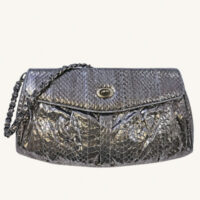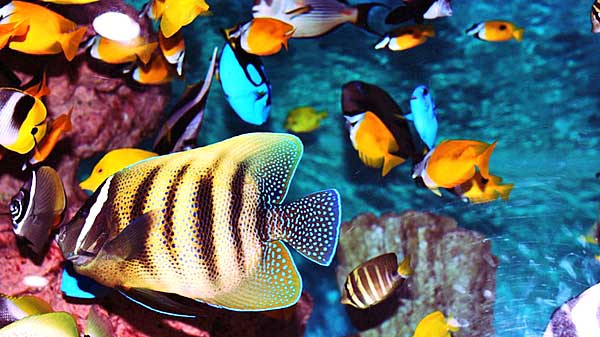Hong Kong’s seafood industry is swimming against the tides of sustainability, find out how…

Doctors, wellness consultants and health enthusiasts alike urge us to include fish in our daily diet (read more about our daily dietary needs here), but is too much fish a bad thing? Well, maybe not for us, but it could spell disaster for the environment. According to a recent study by HKU, ADM Capital Foundation and WWF Coral Triangle Program, wild-caught reef fish like grouper and coral trout may soon vanish from our dinner tables unless we take some quick actions.

So what’s the problem and how do we solve it?
Let’s break it down in some quick facts:
- Hong Kong is the global hub for reef fish trade worth over 1 billion US dollars, much of which is unreported and unregulated.
- Hong Kong sources wild-caught fish from more than 170 territories, and has a huge footprint in seafood trade.
- The ‘wild fish’ trade is not large by global fishery standards, but it is disproportionately valuable because it supplies extremely high-value fishes.
- The demand of reef fish is almost 6 times higher than their sustainable supply rate.
- For example, the highly coveted Napoleon fish, worth more than 600 US dollars per kg, have been seriously depleted due to exploitation.

So what can we do?
Well for starters, government can impose stricter laws and regulation and fish traders should abide by them for long-term benefit. From our side, we need to think twice before consuming ‘wild’ fish. As Dr Yvonne Sadovy, a professor at HKU, says, “We are not talking about not eating fish at all. What we are talking about is not eating so many wild fish that we destroy their populations. We need to know where the seafood comes from, that it’s legally sourced, safe to eat, and that it is sustainable.” So wondering what is sustainable fish? Check out Choose Right Today to know more.
Text: Suchetana Mukhopadhyay



